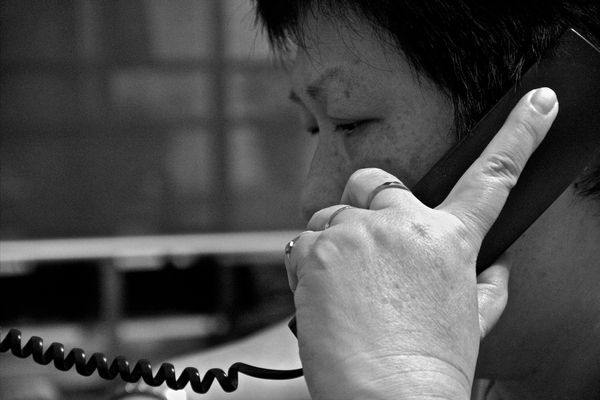Don"t give money to the "Chinese Consulate," FTC says in scam-busting report

Scammers are using a combination of phishing techniques and social engineering to trick people with Chinese last names into handing over their personal information and even make direct payments to the scammer.
The scheme isn”t new, with reports going back as early as 2015 when the Federal Communications Commission (FCC) told phone carriers to start using robocall-blocking services.
Now the Federal Trade Commission has had it too. A statement by the FTC said it has recently recorded a surge in complaints from customers claiming that scammers are purporting to call from the Chinese Consulate asking them for personal information and even cash.
“People across the country have reported getting a call or message saying they have to pick up a package at the Chinese Consulate office,” reads the report. “Or, they need you to give them information to avoid being in trouble with the Chinese Consulate. Then the caller asks for your bank or credit card information, or tells you to make a bank transfer to them.”
As one would expect, the regulatory body urges Americans to be vigilant, and refrain from handing over sensitive information such as Social Security, bank or credit card numbers to anyone who asks for it out of the blue. Also, “neither the real Chinese Consulates, nor the Chinese Embassy, will ever call you to ask for money,” the FTC says.
Comments left to the FTC”s blog post confirm that the scams are ongoing, but the FTC encourages victims to report any suspicious calls purporting to be from the Chinese Consulate at FTC.gov/complaint. Users are assured that the information they give will go into a secure database that the FTC and law enforcement agencies use for investigations.
tags
Author
Filip has 15 years of experience in technology journalism. In recent years, he has turned his focus to cybersecurity in his role as Information Security Analyst at Bitdefender.
View all postsRight now Top posts
Your Device ‘Fingerprint’ Will Go to Advertisers Starting February 2025
December 24, 2024
Beware of Scam Emails Seeking Donations for UNICEF or Other Humanitarian Groups
December 19, 2024
Torrents with Pirated TV Shows Used to Push Lumma Stealer Malware
November 14, 2024
FOLLOW US ON SOCIAL MEDIA
You might also like
Bookmarks








